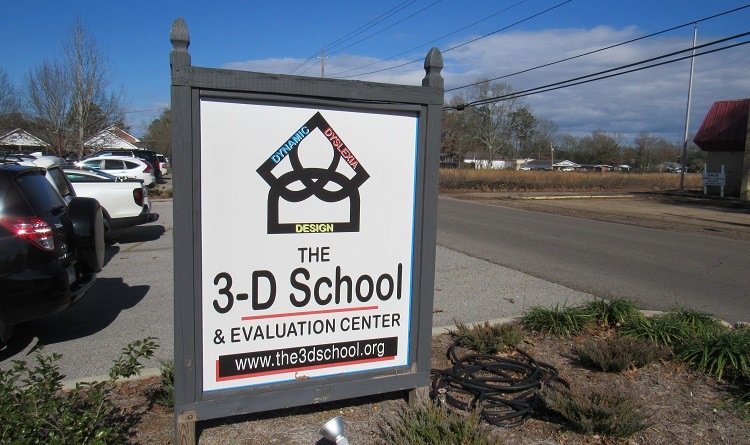The Dyslexia Scholarship Is Working. It Just Needs To Be Expanded.

The Dyslexia Scholarship is an example of a government program that is meeting the needs of the audience it is designed to serve. The only problem is the demand is much larger than the supply provided by the current program.
Seeing the need for special services for students with dyslexia, the legislature adopted the Dyslexia Therapy Scholarship in 2012. This would become Mississippi’s first private school choice program and the nation’s first school choice program designed exclusively for students with dyslexia.
This program allows students to receive a scholarship worth about $5,000 to attend either a public school which is outside of their district or a private school that provides dyslexia services. It is revenue neutral, meaning the money that would have spent to educate that child in a district school follows them to their new school. It does not cost the state “new” money, nor does it touch federal or local funds from a school district.
In five years, the program has steadily grown and it is serving 159 students in the 2016-2017 school year.
New Options For Students With Dyslexia
Since this program was approved, parents have become empowered to look for new options in the education of their child. One of the schools that has served hundreds of students over the past five years is the 3-D School in Petal.
The specialty school provides comprehensive dyslexia therapy services by identifying children with the characteristics of dyslexia and providing an educational environment designed to include appropriate, multi-sensory research-based intervention, academic enrichment, and positive experiences that challenge students and build the necessary skills for success later in life.
Related: Why one mother is praying for the Dyslexia Scholarship expansion
Because of the quality of education a child receives at the 3-D School, families have been known to commute 100 miles each way every day for two or three years at a time. Rather than commute, some families have moved away from their home and relocated to Petal, often breaking up their own family in the process.
The demand has become so great because of the scholarships that the 3-D School will be opening a second campus in Ocean Springs next fall. At the same time, other private schools, such as Starkville Academy, have begun hiring licensed dyslexia therapists and offering high quality dyslexia therapy services.
However, Starkville Academy, which is accredited by the Mississippi Association of Independent Schools (MAIS), the Southern Association of Colleges and Schools (SACS), and the Southern Association of Independent Schools (SAIS), does not qualify for the program because they are not accredited by the Mississippi Department of Education, even though they offer the services described in the law.
The TIDE School in Hattiesburg is another example of a school that is serving a glaring need, dyslexia services for older students. However, most of their students do not qualify for the scholarship because it does not serve students beyond sixth grade.
Legislation To Expand The Scholarship
This year the legislature has the opportunity to expand the program to serve more students. After all, families should not have to travel 100 miles each way so their child can receive the education he or she deserves. Nor should they have to move from their home to find a new school.
House Bill 1046, as passed the Senate, would make a number of important changes to expand access to the program. This includes:
- The scholarships will be expanded to students through 12th grade. The program is currently only available through 6th grade. This will serve students who did not receive the appropriate dyslexia services when they were younger.
- Accredited private schools will be allowed to accept the scholarships, provided they meet all the standards, including employing Mississippi licensed dyslexia therapists. The program currently requires schools to be accredited by the Mississippi Department of Education, which significantly limits the number of schools who can participate.
- Students living in border counties will be allowed to use the scholarship in another state, if appropriate educational services are not available within thirty miles of the student’s home.
The legislation is in conference, which means each chamber will now have three members negotiate a conference report, which is the final legislation both chambers will again vote on and must approve before the bill heads to the Governor.
We are hopeful that the final bill will have the strong language from the Senate.
To stay connected with what is happening in Jackson and up to date with the school choice and education reform movement in Mississippi, Join The Movement today.
